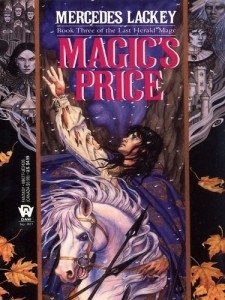Dorcas, Ron, and Aaron discussed Monsoon (2019) directed by Hong Khaou, who, similar to Kit (Henry Golding) in the film, was Cambodian but escaped to Vietnam, spent his childhood there, and then migrated to UK along with his family based on their refugee status during Vietnam’s reunification. Khaou also directed Lilting (2014) when an Asian bereft mother is confronted by her gay son’s white lover.
Initially, Dorcas hated everything about the movie–the storyline, acting, pacing–and she gave up after watching the first 40 minutes. Ron too hated it and had to drown the movie in wine while watching at The Projector. He said the film ought to be a wordpress blog entry. But Aaron gave it an A because it is respectful of the Asian culture.
Style
Pacing: Dorcas mentioned that one has to watch the movie, knowing to expect a slow pace. Ron is okay with the pace while Aaron links the pacing to other Asian auteurs (Wong Kar Wai, Tsai Mingling, etc).
Acting: Ron criticised Golding’s acting, saying he looks lost all the time in the movie. Aaron said that it’s the point: Golding is being displaced in an unfamiliar location which should have been familiar.
Camera angles and movements: Ron brought up the style that the camera is often set up that it is not moving. long shots. This style is aligned with the styles of East Asian directors/auteurs, a strange thing to do for a British director. This homage shows the respect to Asian films.
We couldn’t really figure the significance of the title of the movie but we came up with alternatives: Lost in Vietnam (Ron and Dorcas); Vietnam travelogue (Dorcas); Henry Golding Has Sex With Men (Aaron).
We also tried to brainstorm on similar films to Monsoon. Dorcas mentioned Eat Pray Love, which is pretty similar, except we have a gay Asian male refugee. We found Monsoon quite original.
To conclude, we thought the film is very personal to the director who is trying to make sense of his life, which is also the lives of many refugees. There are some things that are inaccessible like the indecipherable ending, but Dorcas observed astutely because the film is so private, we should stop searching for meanings in everything. Accept the film for what it is.
Themes
As for themes, Ron mentioned displacement of Asian refugee who grew up in UK; Dorcas brought up nostalgia in the sense that “as the country evolves, you lose the country.”
Returning to the theme of displacement and space, we noted even though the film draws out the nuance of Vietnam as a space, we couldn’t pinpoint an exact location that we would like to visit in Vietnam. This is unlike the Leonardo Dicarpio’s film, The Beach. The point perhaps is not to exoticise a certain country, respecting the Asian culture.
Still on themes, Gill on facebook said that “the movie has little to do with LGBTQ”. But we disagreed. Dorcas said that the lead character happens to be gay but his sexuality doesn’t overwhelm his life, that he has identity beyond his sexuality. The film moved beyond the Western concept of “coming out” type of stories of a character agonising over his sexuality. This is Asian sexuality. Ron agreed with Dorcas in that the movie normalising gay men by making the lead as part of the society.
Dorcas continued: As part of portraying Asian sexuality, in a scene when Golding’s cousin asks if he is married, there is a pause before Golding says no. Dorcas analysed that this is what happens in Asia and during CNY; this is Asian culture. Even though Golding doesn’t come out to everyone (that is acquaintances and strangers), he is comfortable with his sexuality as he talks about his love for the black guy to his brother. And he displays affections to a man publicly, kissing the black guy in a crowded bar. Just because he doesn’t display his sexuality loudly like in Western films or in Rupaul’s Drag Race doesn’t mean the movie ignores his sexuality.
Characters
Dorcas had no favourite character. Ron liked the handsome black guy. Aaron felt connected to Golding because Singaporeans are similar to Asians in Western countries; we speak English and are somewhat disconnected to our countries of origin. Aaron also observed how well rounded the Vietnamese characters are portrayed, giving respect to Asians.
We also discussed the power dynamics between Golding and his cousin, how his cousin could have led Golding’s life, but is now indebted to Golding’s family because he borrows money from Golding’s mom. Cousin bears some grudge for Golding taking their friendship lightly with lapses in Golding’s memory. It’s complicated because each has a hold on the other.
Dorcus also brought up how witty the cousin is, such as:
Golding: Your English is very good.
Cousin: Better than your Vietnamese.
In another scene:
Golding: are you the manager of the shop?
Cousin: I’m the CEO.
Scenes Analysis
Dorcas and Ron loved the scene at the start of the movie where Golding visits his aunty and cousin. It is a scene of displacement, Ron noted. Dorcas brought up how the aunty speaks in Vietnamese and there is no subtitles. For audience, we are put in Golding’s position of displacement. It is as if, Dorcas said, the connection between family is thwarted. “There is a barrier against familiarity, set up by the power of language,” Dorcas said. This feels like in Singapore where grandparents who speak dialects and grandchildren cannot connect with them.
Dorcus also mentioned how she couldn’t understand why two men who have awkward conversations can still have sex. “Welcome to the gay world,” Aaron said.
Aaron mentioned the Lotus Tea scene which is empowering to women. A group of women maintains the tradition of drinking lotus tea, selling it, to bring up the daughter/granddaughter. Yet the daughter also demonstrates the disconnect of a modern Asian VS the traditional older women. The family wanted her to study something “useful” but she studied art. She feels like she disappoints her family. She wants to travel around the globe but her family spent so much money on her education that she feels indebted and wants to repay them. It’s an amazing scene of showing the intergenerational conflict yet still maintaining certain Asian values (eg: family comes first, filial piety, etc).
Conclusion
Ron applauded the director’s attempt in telling a different narrative, not being told before. Dorcas liked the rustic feel of the film. Aaron maintained that the film shows a deep respect for Asian culture and Asian characters, making the film very endearing to him. Dorcas, who watched 40 minutes of the film, decided that she would continue to watch it.



 The biggest complain we had about the book was the way it was written: Dominic felt it was unlike the “Japanese style of writing”, comparing Mishima to Murakami. Raj thought the book was draggy, describing “mundane things in mundane ways.” Alexius did not like the ending and was left disappointed by the book. Timmy found it uninteresting as a whole.
The biggest complain we had about the book was the way it was written: Dominic felt it was unlike the “Japanese style of writing”, comparing Mishima to Murakami. Raj thought the book was draggy, describing “mundane things in mundane ways.” Alexius did not like the ending and was left disappointed by the book. Timmy found it uninteresting as a whole. From St. Joan to St. Sebastian
From St. Joan to St. Sebastian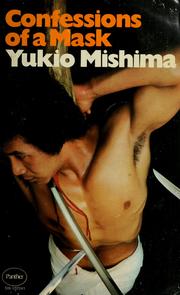

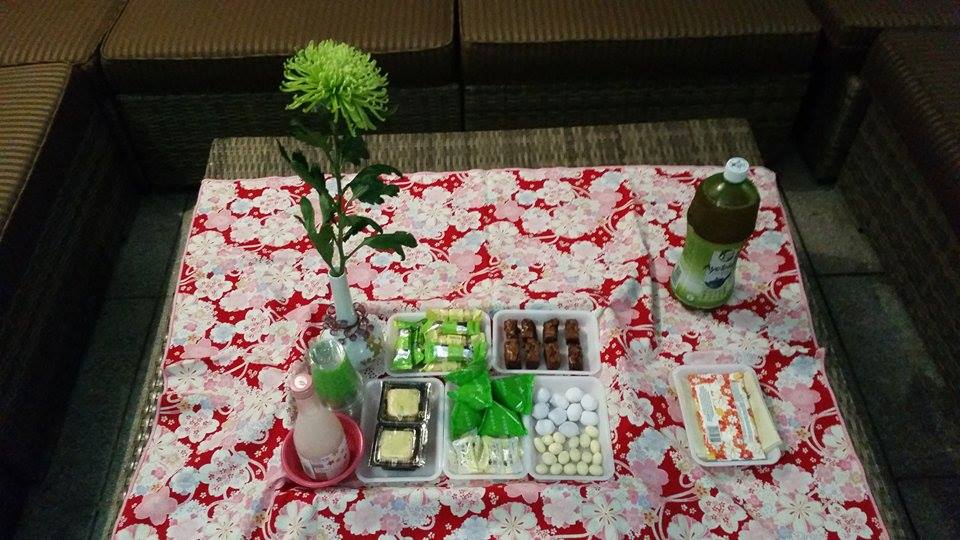
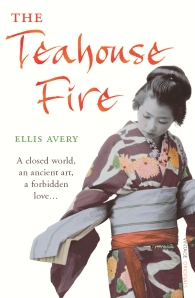 Ichi-go ichi-e is linked with Zen Buddhism and concepts of transience, particularly depicted during the tea ceremony conducted in the style of famed tea master Sen no Rikyu where unique scrolls, tea bowls and flowers are set up in the tea room. In the context of tea ceremony, ichi-go ichi-e reminds participants that each tea meeting is unique. This is also true that there is has been no repetition of the set up for the varios tea ceremonies in the book. In each of the tea ceremony, the host and guest had one unique experience that lead to friendship or disaster
Ichi-go ichi-e is linked with Zen Buddhism and concepts of transience, particularly depicted during the tea ceremony conducted in the style of famed tea master Sen no Rikyu where unique scrolls, tea bowls and flowers are set up in the tea room. In the context of tea ceremony, ichi-go ichi-e reminds participants that each tea meeting is unique. This is also true that there is has been no repetition of the set up for the varios tea ceremonies in the book. In each of the tea ceremony, the host and guest had one unique experience that lead to friendship or disaster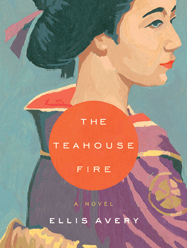
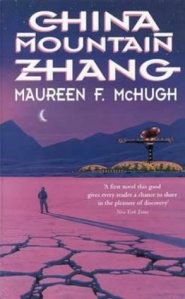
 1. Jiaqi didn’t think Angel was a fully developed character, and whose only sole purpose in the book was to be the information superhighway to Cinnabar, according to Dominic. Aaron saw her as a fag hag, to which Javin quipped that her being a fag hag gave her the opportunity to win races.
1. Jiaqi didn’t think Angel was a fully developed character, and whose only sole purpose in the book was to be the information superhighway to Cinnabar, according to Dominic. Aaron saw her as a fag hag, to which Javin quipped that her being a fag hag gave her the opportunity to win races. In rounding up the discussion, everyone generally had nice things to say about the book – that it was interesting (Dominic), an “MRT-friendly” read (Raj), likeable and memorable characters (Jiaqi) and being enjoyable overall (Timmy). Aaron appreciated the literary values the book brought across, and being one of the only few books that saw the gay man eventually getting his happy ending (pun not intended). Hisham profoundly expressed that the book made our #firstworldproblems seem minute in comparison. Javin succinctly summed it up best: “It’s a gay book.”
In rounding up the discussion, everyone generally had nice things to say about the book – that it was interesting (Dominic), an “MRT-friendly” read (Raj), likeable and memorable characters (Jiaqi) and being enjoyable overall (Timmy). Aaron appreciated the literary values the book brought across, and being one of the only few books that saw the gay man eventually getting his happy ending (pun not intended). Hisham profoundly expressed that the book made our #firstworldproblems seem minute in comparison. Javin succinctly summed it up best: “It’s a gay book.”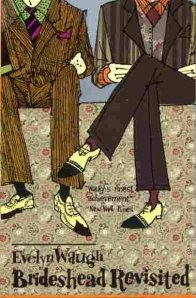 A great attendance: Suffian, Timmy, Har, Sam, Lydia, Gabriel and Aaron.
A great attendance: Suffian, Timmy, Har, Sam, Lydia, Gabriel and Aaron.
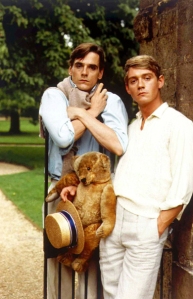
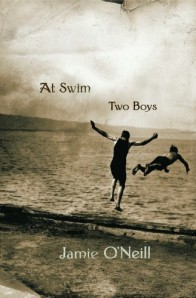
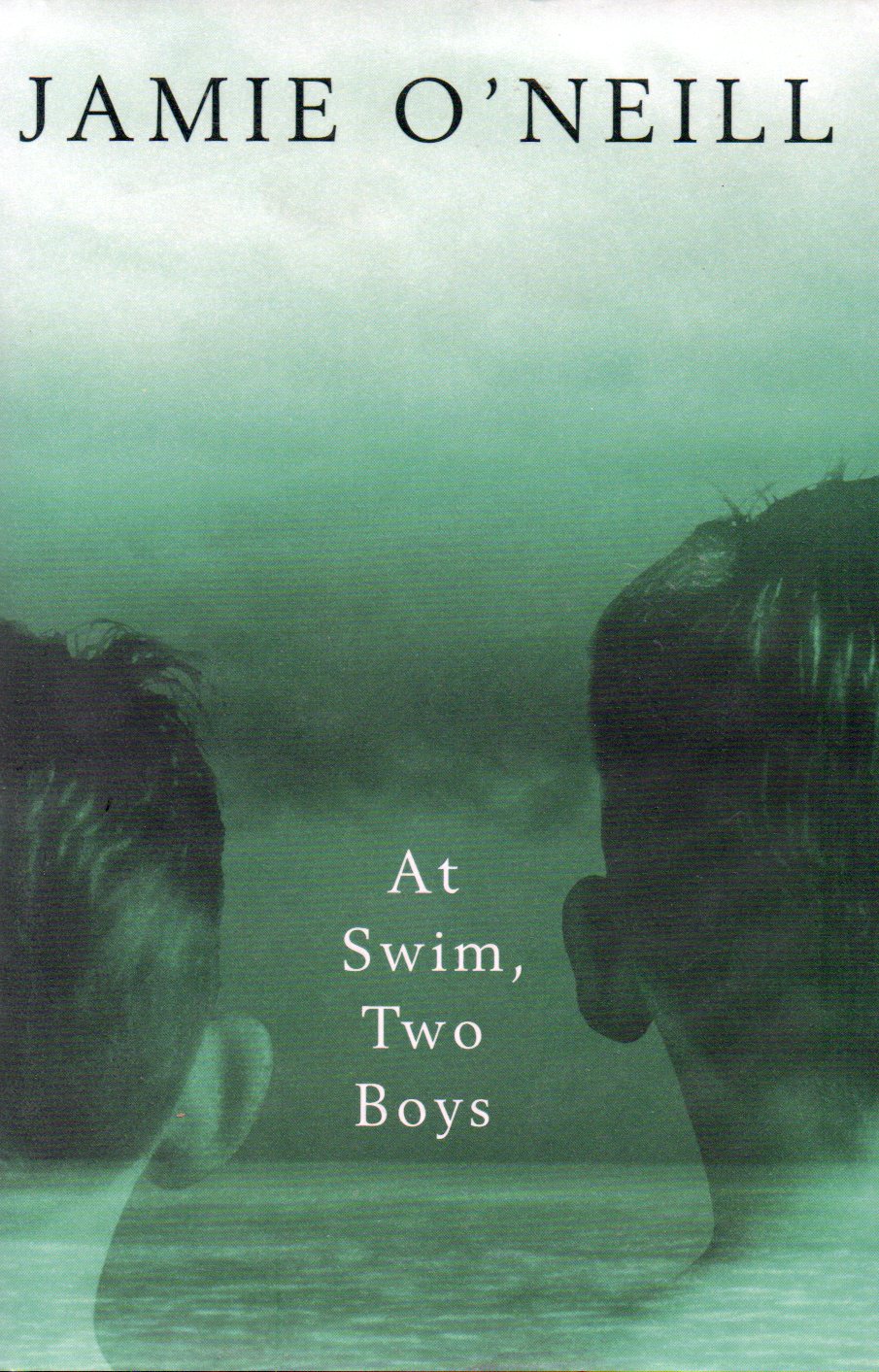 Doyler’s rape was brought up as well as what happened that made MacMurrough feel that he was not in control. Timmy quipped that it was because D was a power bottom, while Jiaqi opined that M needed D more than vice-versa.
Doyler’s rape was brought up as well as what happened that made MacMurrough feel that he was not in control. Timmy quipped that it was because D was a power bottom, while Jiaqi opined that M needed D more than vice-versa. In rounding up the discussion, we went around asking for something positive of the book. Raj promised to finish reading it, even though the pdf version gave him headaches. Amit thought it was romantic of the author to continue working on the book to 600+ pages, as opposed to taking the quick way out and cut it short. Jiaqi thought it was a good book and themes were very well done. Har, probably the only fanboy of the book, said that it was touching and “made him cry a lot.” He also commented that the writing technique was “very Irish and filled with proses.”
In rounding up the discussion, we went around asking for something positive of the book. Raj promised to finish reading it, even though the pdf version gave him headaches. Amit thought it was romantic of the author to continue working on the book to 600+ pages, as opposed to taking the quick way out and cut it short. Jiaqi thought it was a good book and themes were very well done. Har, probably the only fanboy of the book, said that it was touching and “made him cry a lot.” He also commented that the writing technique was “very Irish and filled with proses.”